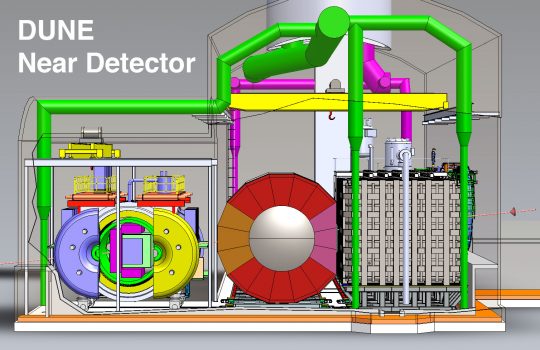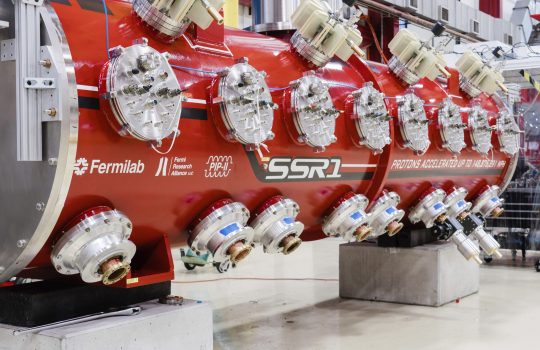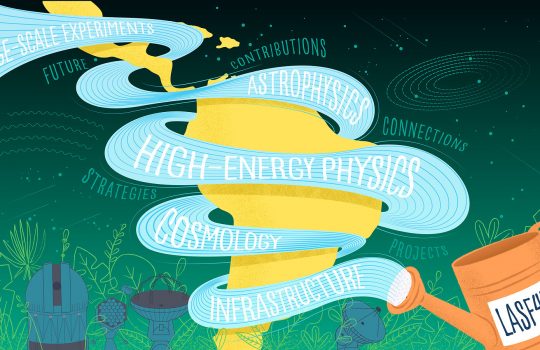Crews complete major upgrade to Ross Hoists
From the Black Hills Pioneer, March 25, 2021: Ross Hoists will power the excavation of 800,000 tons of waste rock and serve as the conveyance for people, materials and equipment underground of the DUNE at LBNF.



